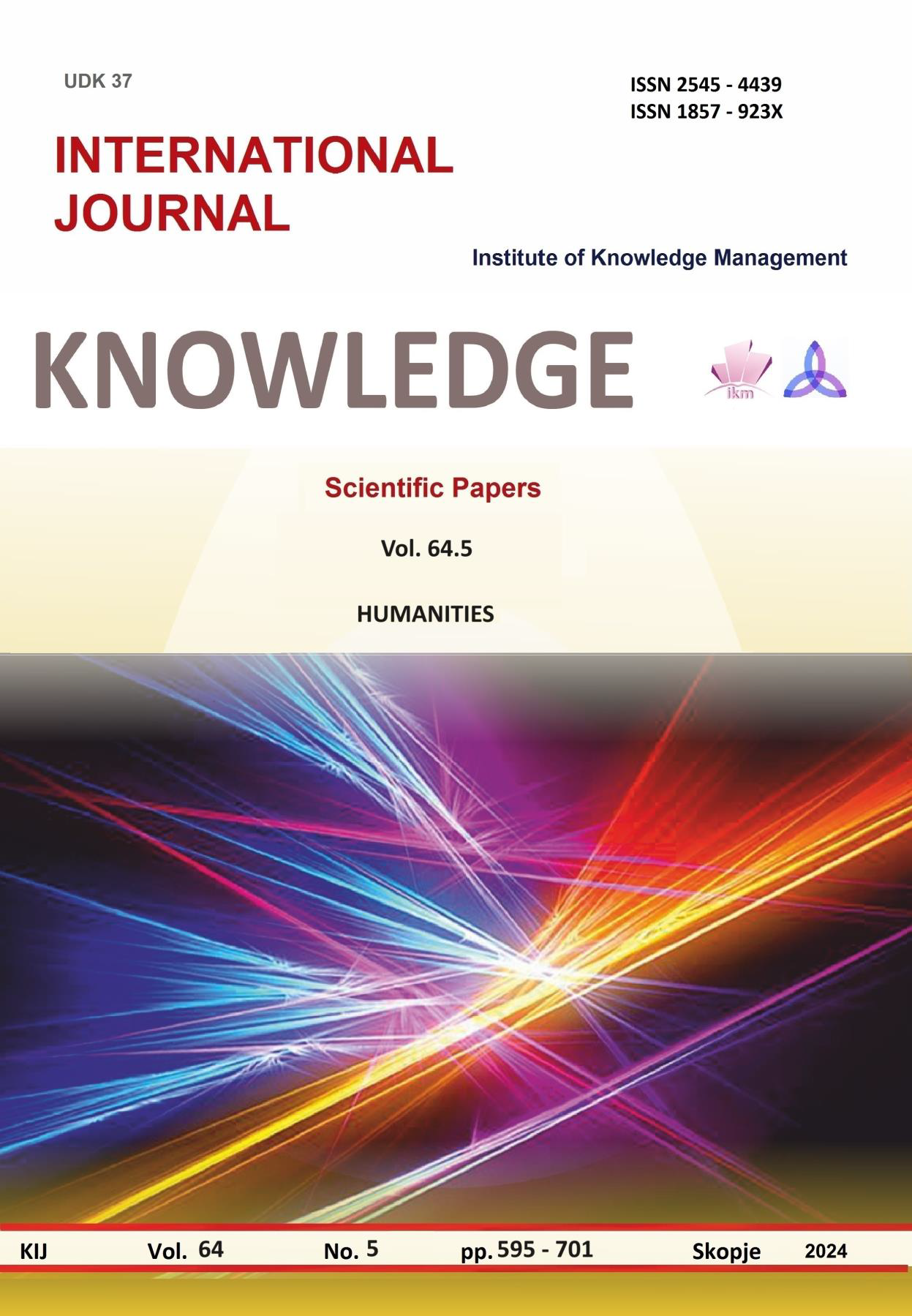APPLYING TRANSLATION TECHNIQUES IN ACQUIRING VOCABULARY IN EAP: A CASE IN TEACHING MEDICAL BACHELORS
APPLYING TRANSLATION TECHNIQUES IN ACQUIRING VOCABULARY IN EAP: A CASE IN TEACHING MEDICAL BACHELORS
Author(s): Ivaylo Dagnev, Elizabet Karen DzhambazovaSubject(s): Foreign languages learning, Translation Studies
Published by: Scientific Institute of Management and Knowledge
Keywords: EAP;translation;vocabulary;test;questionnaire
Summary/Abstract: With the dominance of the communicative approach in teaching English as a Foreign Language over the past several decades, translation as a mode of instruction has been excluded from the methodological rationale. Using translation was considered even harmful, as the predominant understanding among experts in the field was that translating is not conducive to thinking in the target language (L2). However, recent studies of some translation techniques in the field have shown the viability of learning core vocabulary especially terms and terminological multiword expressions in the mother tongue. That is true to a large extent for teaching English for Specific Purposes and particularly for teaching English for Academic Purposes. In the university settings, especially in former Eastern European countries, Bulgaria included in that number, the insufficient number of school hours has necessitated the use of flexible approaches to teaching English. This is in line with the main goal of teaching English for Academic Purposes – the best possible acquisition of new vocabulary by undergraduate students. This paper delves into the problem of the effectiveness of using translation techniques in teaching terminology to undergraduate bachelor students in the medical professions. The study's premise included testing and surveying two groups in the speciality of assistant pharmacists at the Medical College of the Medical University of Plovdiv, Bulgaria. Each group consisted of twelve students of similar levels in English, ascertained via a diagnostic test at baseline as being lower intermediate A2/ intermediate/B1 according to CEFR. One of the groups served as the control one and the other as the experimental one. The experiment consisted of teaching vocabulary items from a unit in a specialized textbook. The control group was provided with explanations in English only, while the experimental group had the terms and expressions explained in English and translated into Bulgarian. A test and a questionnaire were performed at the end of the experiment. The test, which covered randomly selected terms from the unit, showed that the experimental group faired slightly better than the control one. The questionnaire, given with some variance to both groups, showed that students do prefer to translate the terms and expressions, but also are aware of the fact that not all terminology can be adequately translated, so it cannot supersede entirely definitions and explanations in the foreign language. Therefore, it can be concluded that translation plays a crucial role in the cognitive processes of understanding EAP vocabulary in the target language. The current study corroborates findings by scholars from many countries. As a follow-up, it will be informative to gauge the effectiveness of the use of L1 (the mother tongue) in the explanation of grammar issues in L2 (the foreign language).
Journal: Knowledge - International Journal
- Issue Year: 64/2024
- Issue No: 5
- Page Range: 653-658
- Page Count: 6
- Language: English

